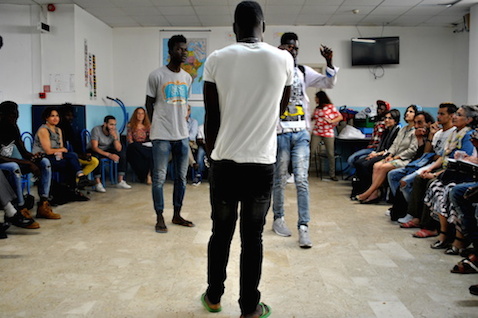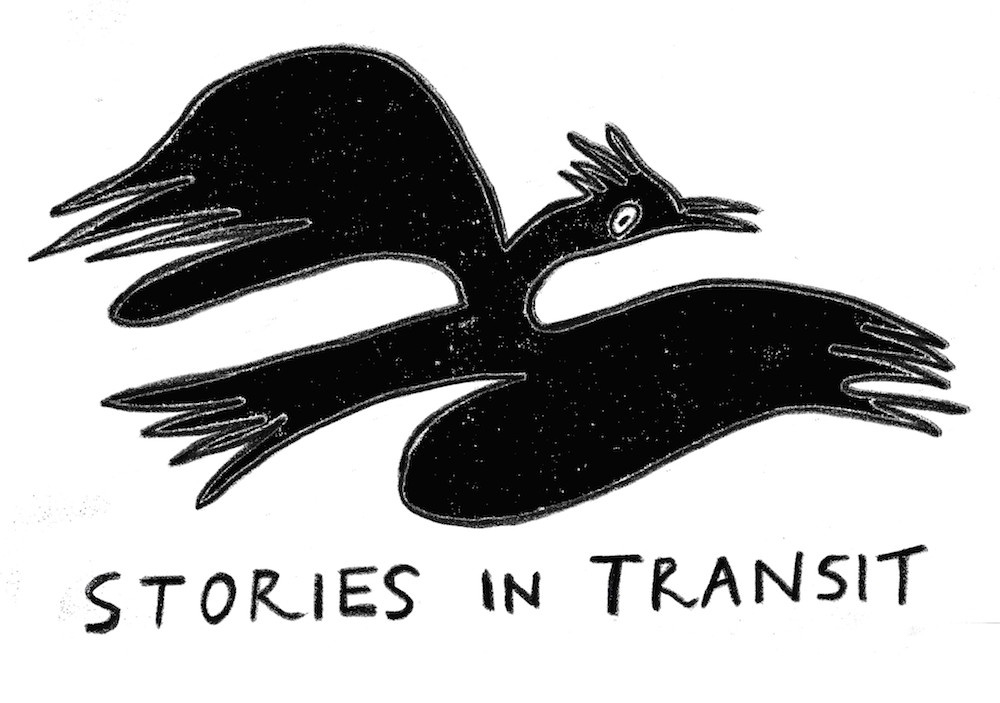About

Stories in Transit organises storytelling workshops in the UK and in Palermo, bringing young migrant students together with artists, writers and musicians.
The project aspires to work with displaced individuals, whatever their status. Its work does not extend approval, tacitly or otherwise, to conditions that curtail the right to freedom of movement and work for refugees; no one should be made to pay for their survival with their dignity.
The project’s hope of improving those circumstances should not be taken as an acceptance (“normalisation”) of the restrictions imposed on arrivants from any country.
We wish to address these questions:
1 Can culture, and specifically storytelling in any form provide shelter for people who have lost their homes? Can a tale become a home? A lieu de mémoire? Can a memory of literature and the process of making it over and over again build “a country of words” (Mahmoud Darwish)? Can narratives build a place of belonging for those without a nation?
2. In times of great physical deprivation, the argument needs to be made for the right of access to a life of the mind and creative potential. What cultural steps can be taken to affirm the right of refugees/migrants/arrivants to freedom of thought and imagination – intellectual mobility? Is expressing the imagination and passing on traditions and testimony part of human rights?
3. What role can imaginary narratives play in contemporary conditions? In what ways can the ancient human capacity to tell and pass on stories help in the present crisis? Can make-believe help make-truth?
4. What methods and processes can be communally developed to allow the unfolding and generation of stories? What are the best uses of contemporary media for supporting exchanges of stories across borders and easing communications between languages and cultures?
№ 1/9
№ 1/1
Next project: → People
Previous project: ← Online resources
